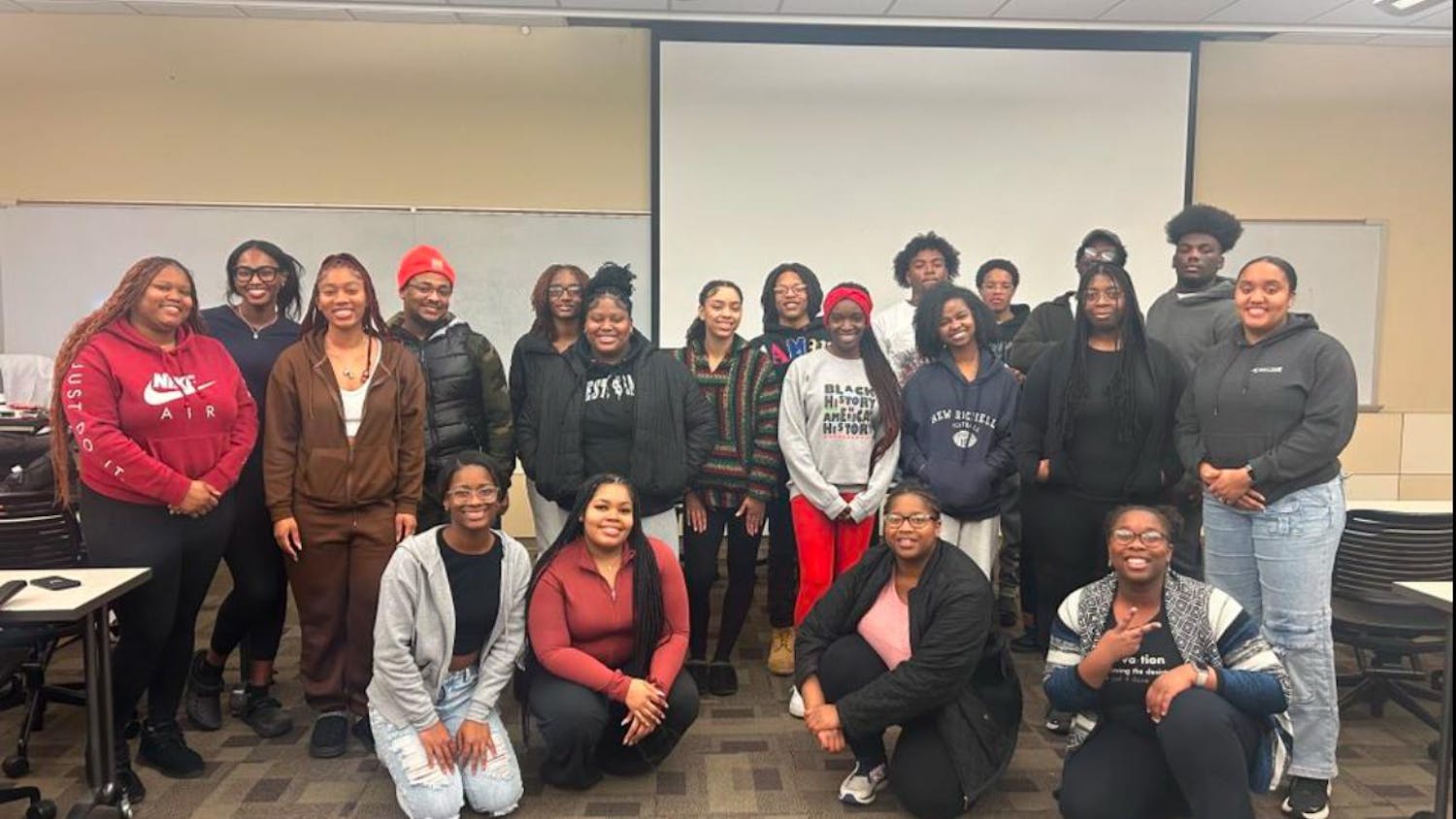Back in June of this year, the Senate revealed its healthcare bill. Included in that bill was a plan to defund Planned Parenthood – a promise that President Trump has vowed to keep.
The defunding has started slowly. People previously hired by Planned Parenthood are getting laid off, and the organization can no longer waive the fees for its services, according to Nicole Carter, director of the Wright State University Women’s Center.
“I think [a big part] of the reason they’re trying to defund Planned Parenthood is because of the abortion issue,” said Cindy Vanzant, assistant director of the Women’s Center.
However, abortions only make up about 3 percent of the services that the organization provides, according to Vanzant -- and not all Planned Parenthood offices offer abortions. The Dayton Health Center, for example, has a Planned Parenthood office that does not offer the service.
Birth control, another service provided by Planned Parenthood, has helped lowered the rate of unintended teen pregnancies – which is at its lowest in thirty years, according to Vanzant. This allows women the opportunity to go to college. “[They can] get an education so that when and if they decide to have children, they can afford [it],” she said.
Affordable access to birth control allows women to pursue a degree and avoid poverty. The percentage of women in school has increased in part due to organizations like Planned Parenthood, according to Vanzant.
The ramifications of complete defunding would include lack of access to health and educational resources. Limited access to comprehensive sex education could result in increased teen pregnancies, STDs and dating violence, according to Carter.
Men would also be impacted as well. Planned Parenthood offers STI testing, condoms and vasectomies -- all of which would be limited should the organization be entirely defunded, according to Carter.
Additionally, marginalized communities and low-income people would be disproportionately affected. This includes college students, many of whom are struggling financially, according to Carter.
Statistics show that eight out of ten African American women are the sole providers of their home. On top of that, one in four of that demographic live in poverty, according to Vanzant. Access to birth control allows them to limit their number of children to the desired amount; simply put, having less children makes it is less difficult for these women to provide for their families.
“[Defunding Planned Parenthood] is essentially defunding opportunities and access,” said Carter.












